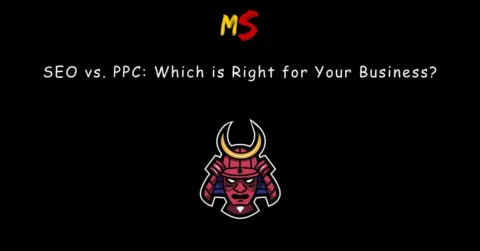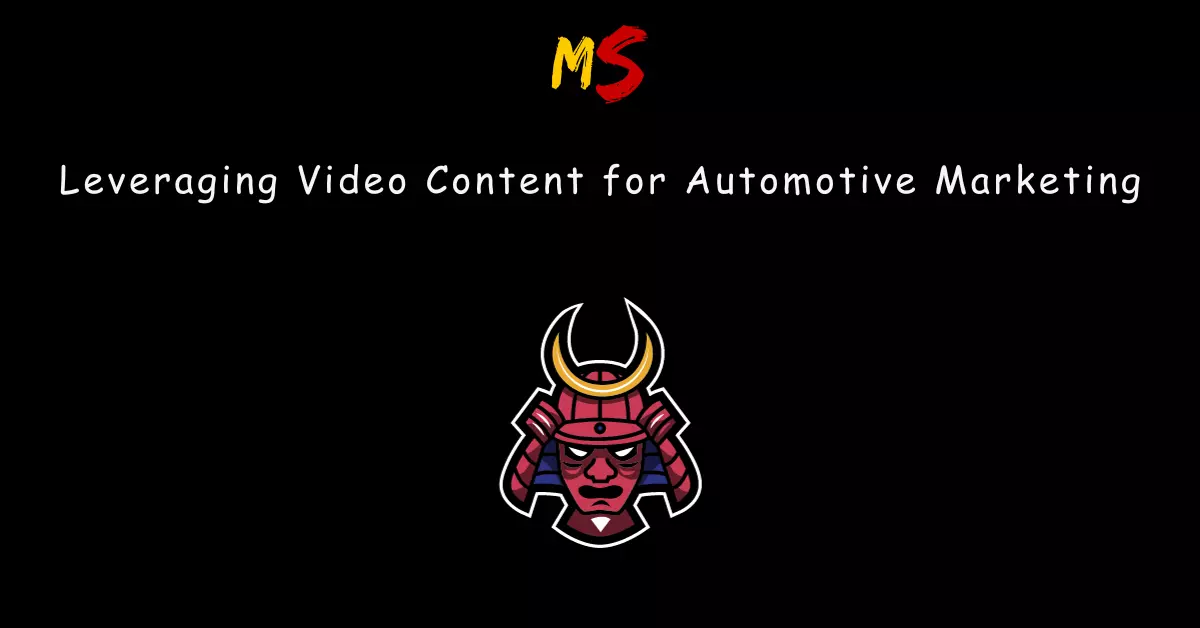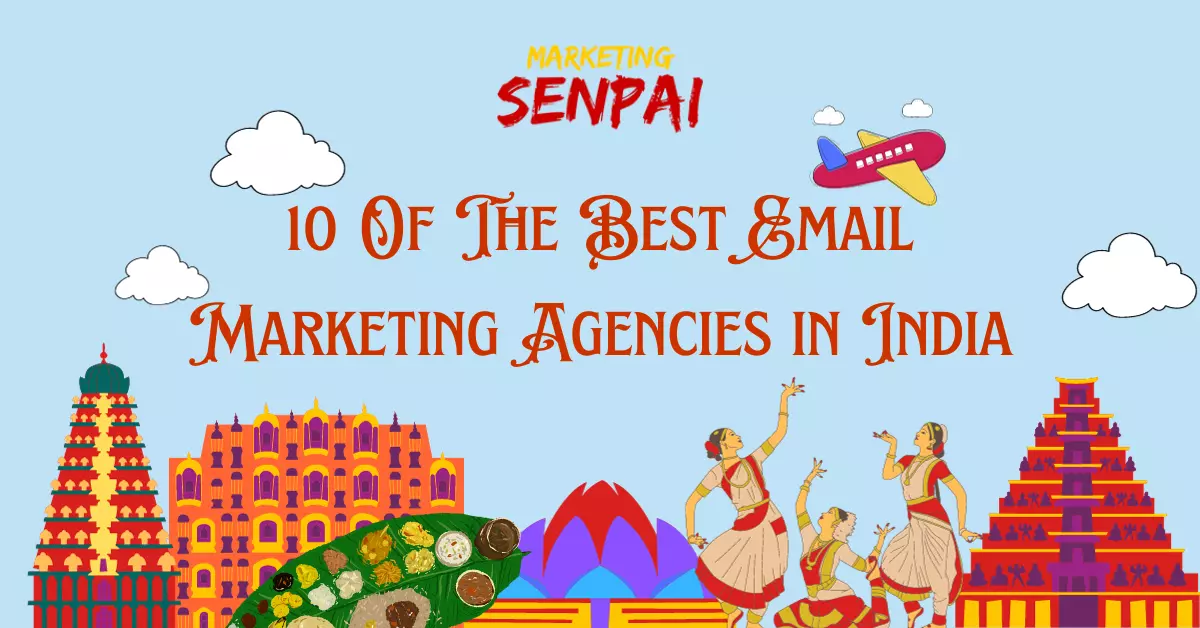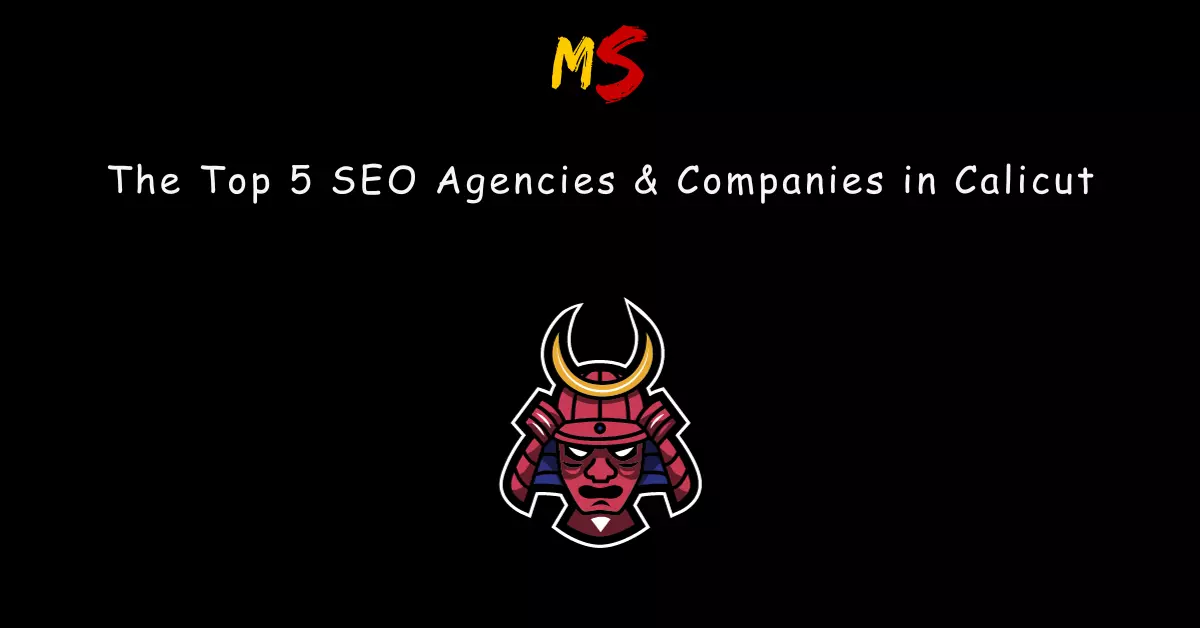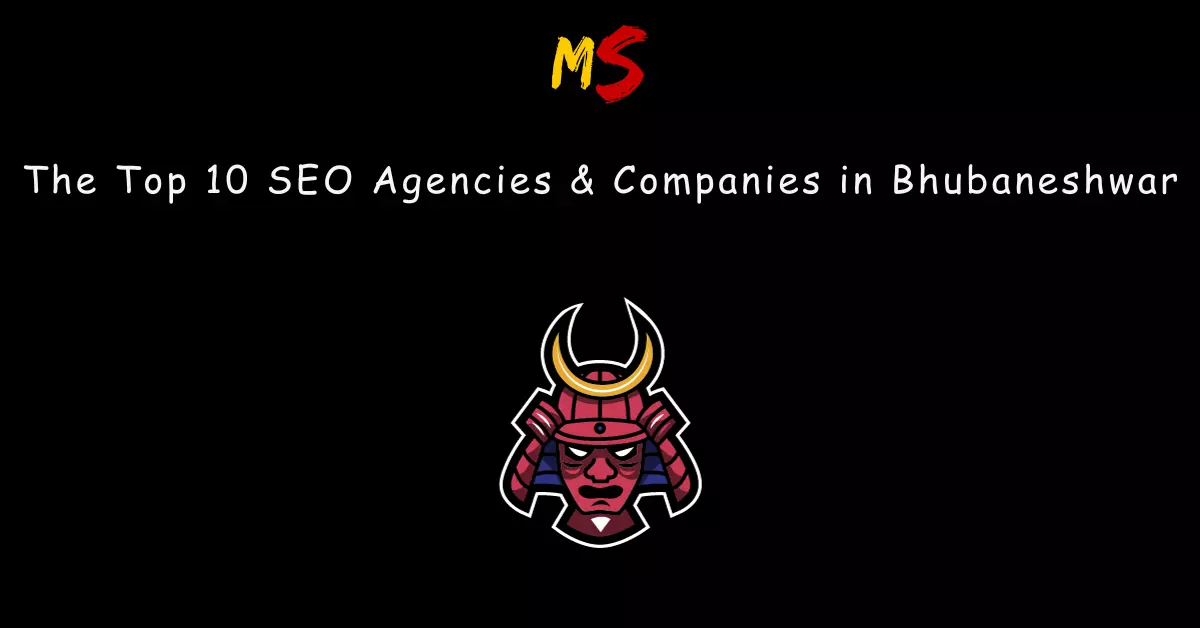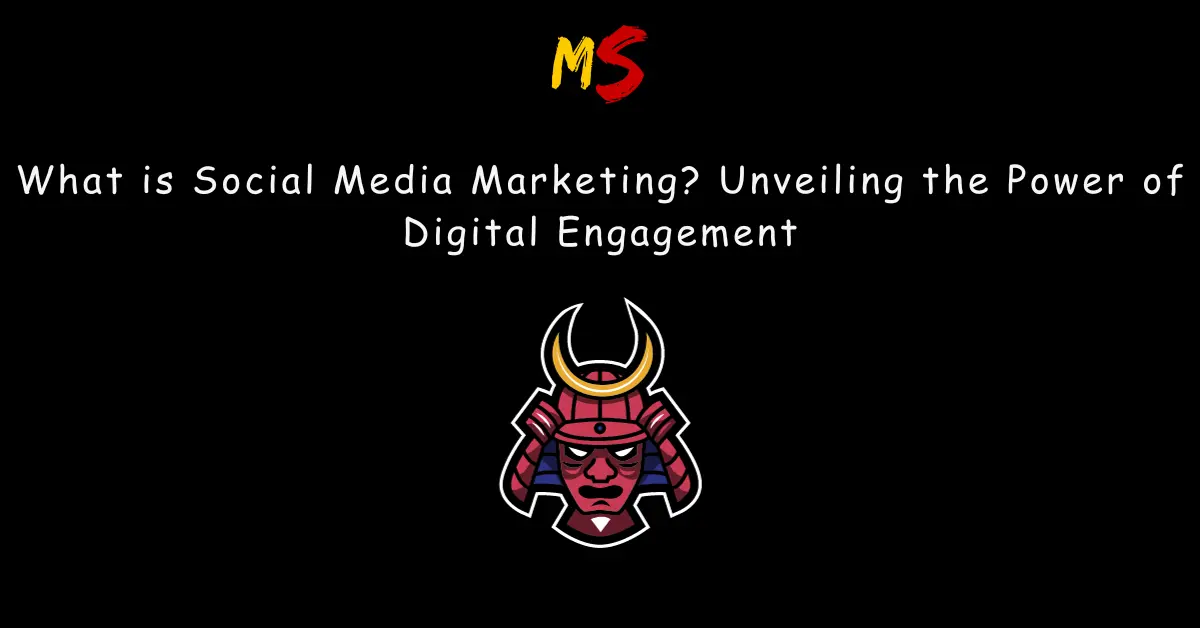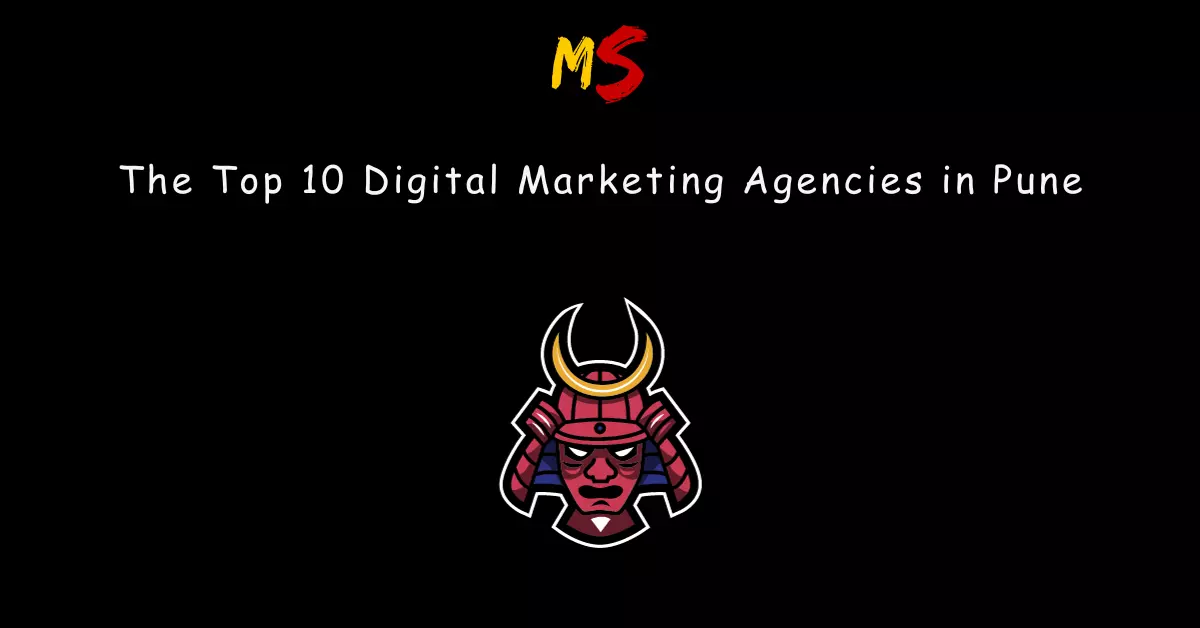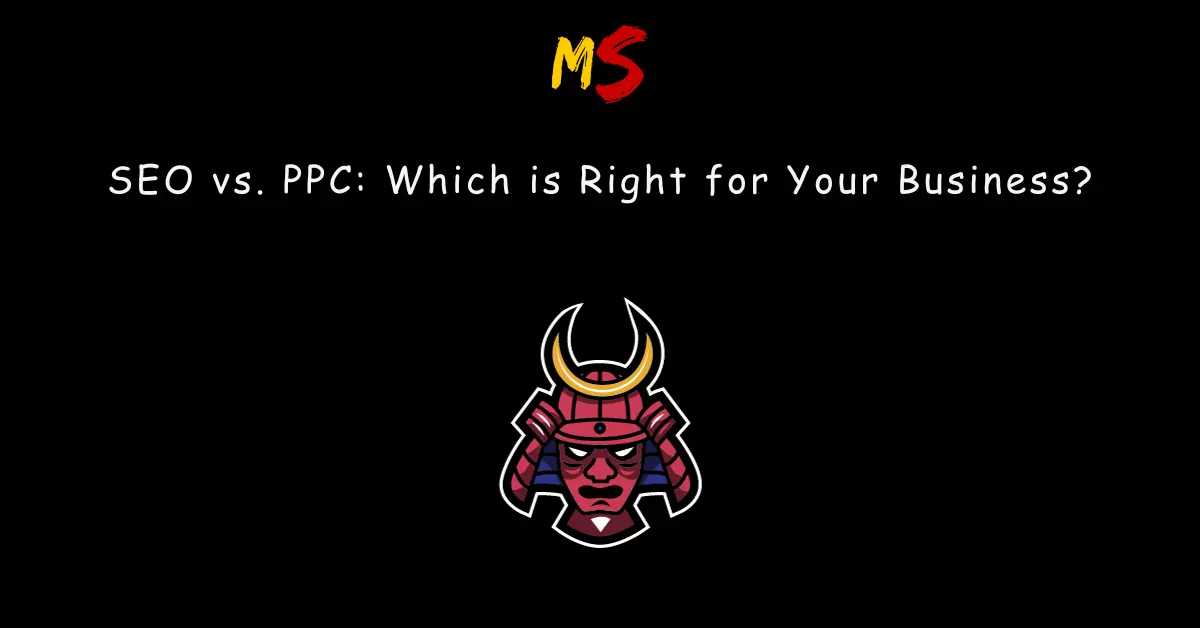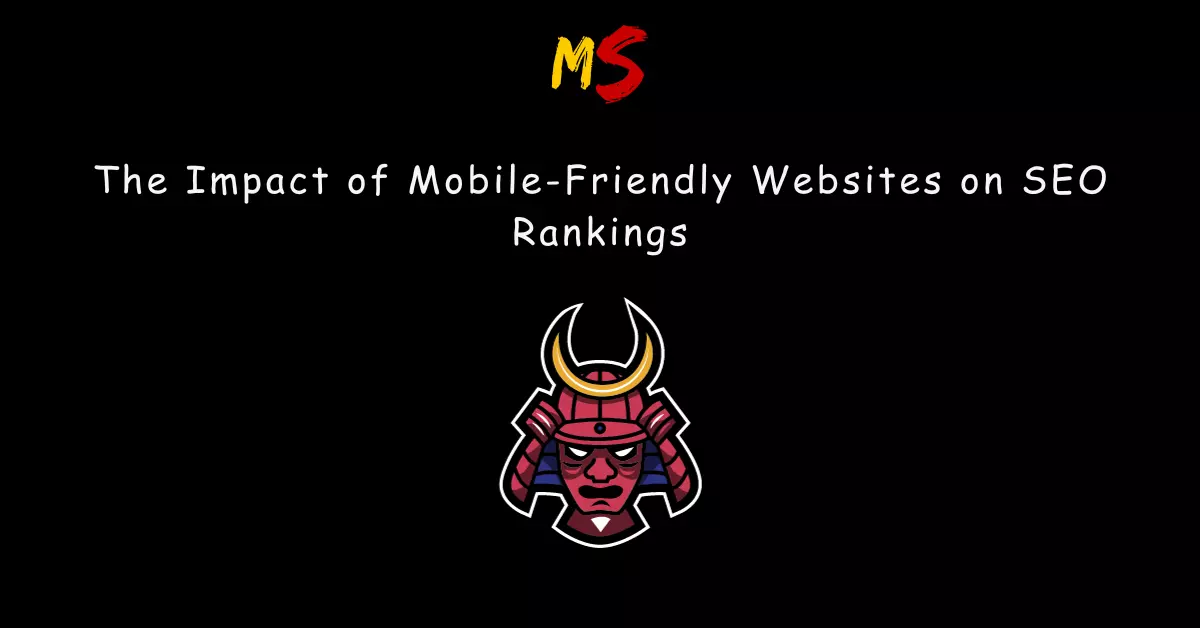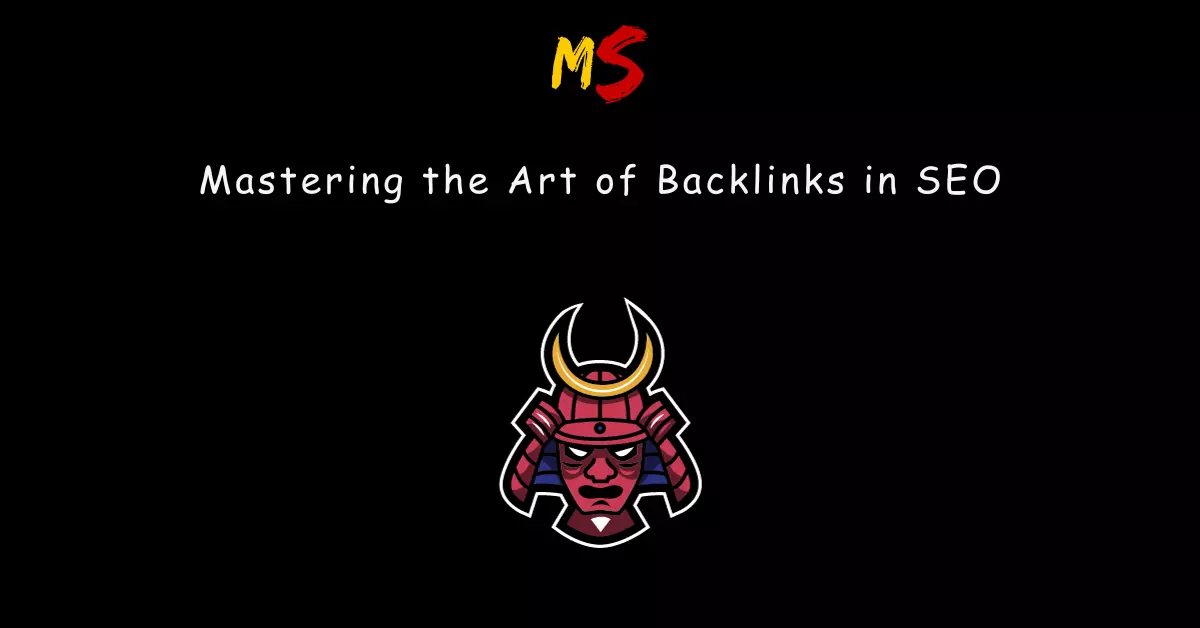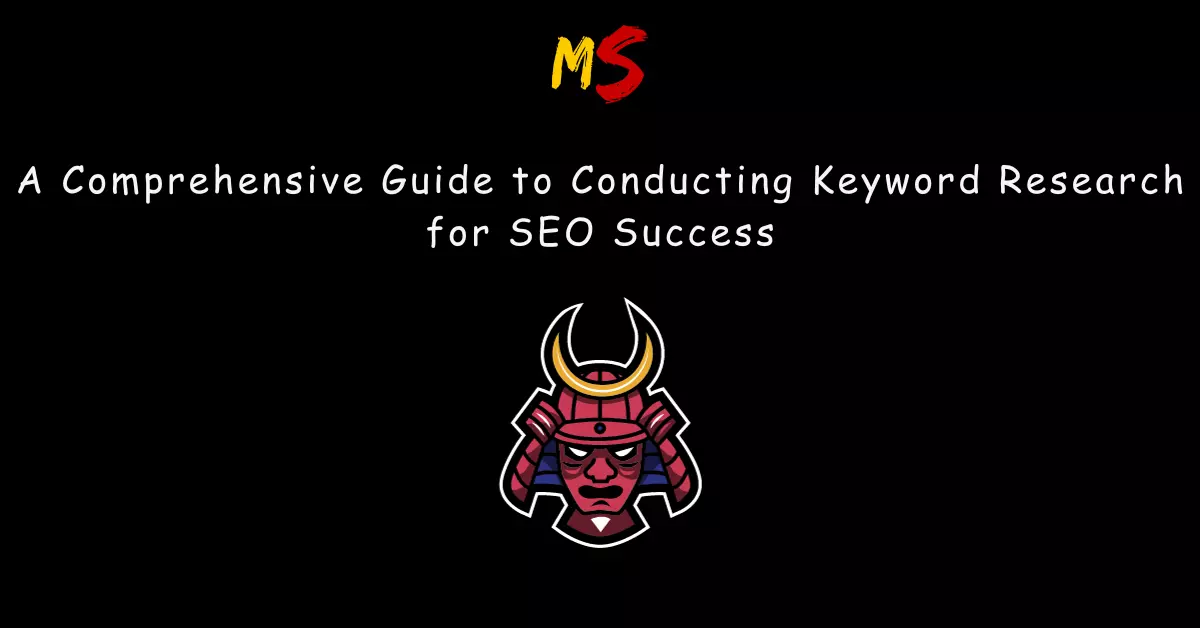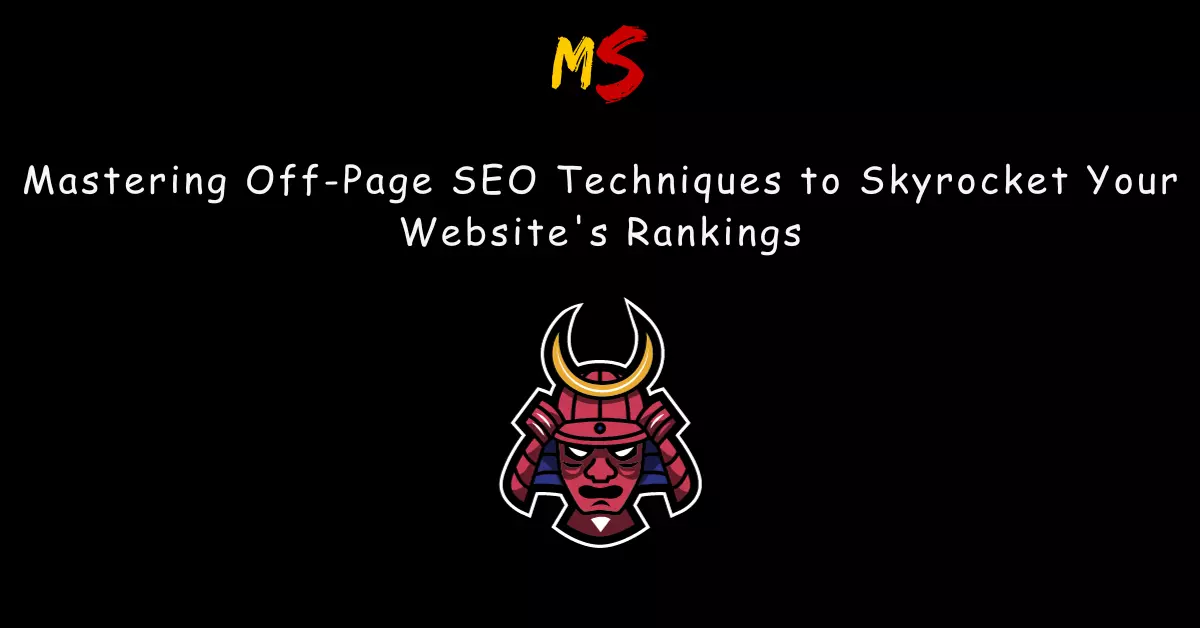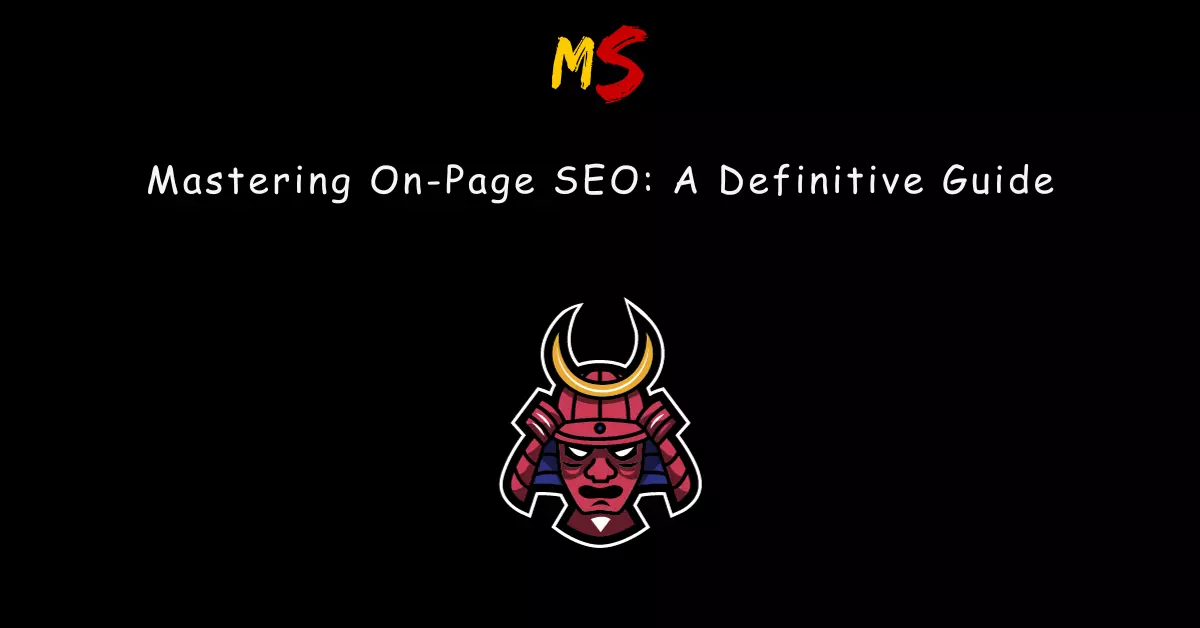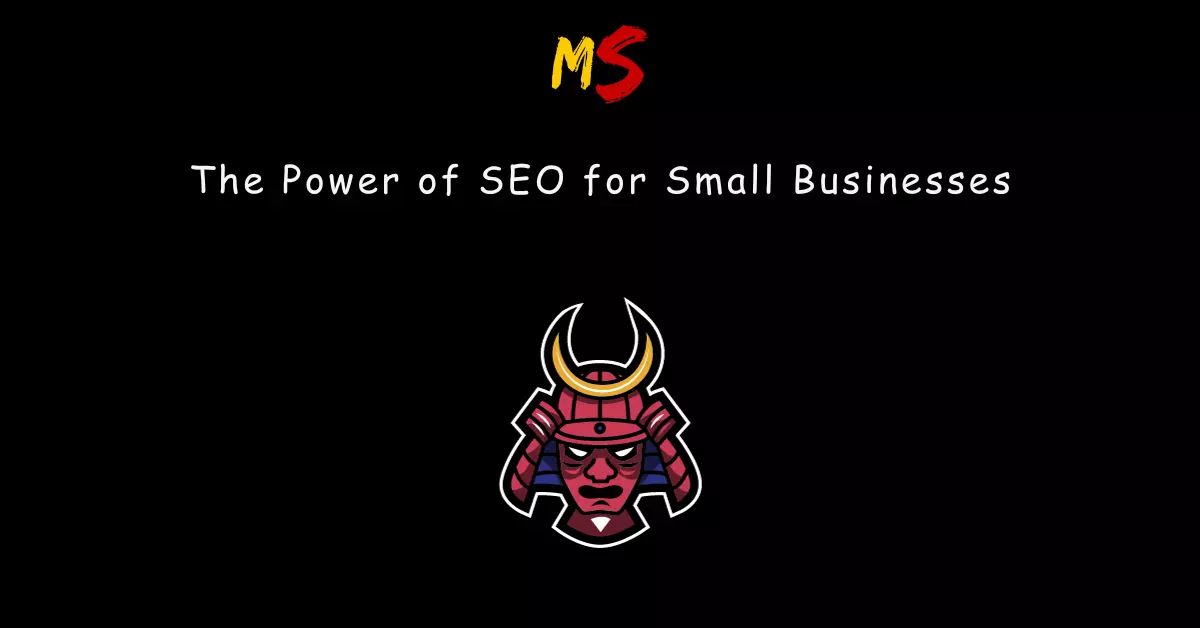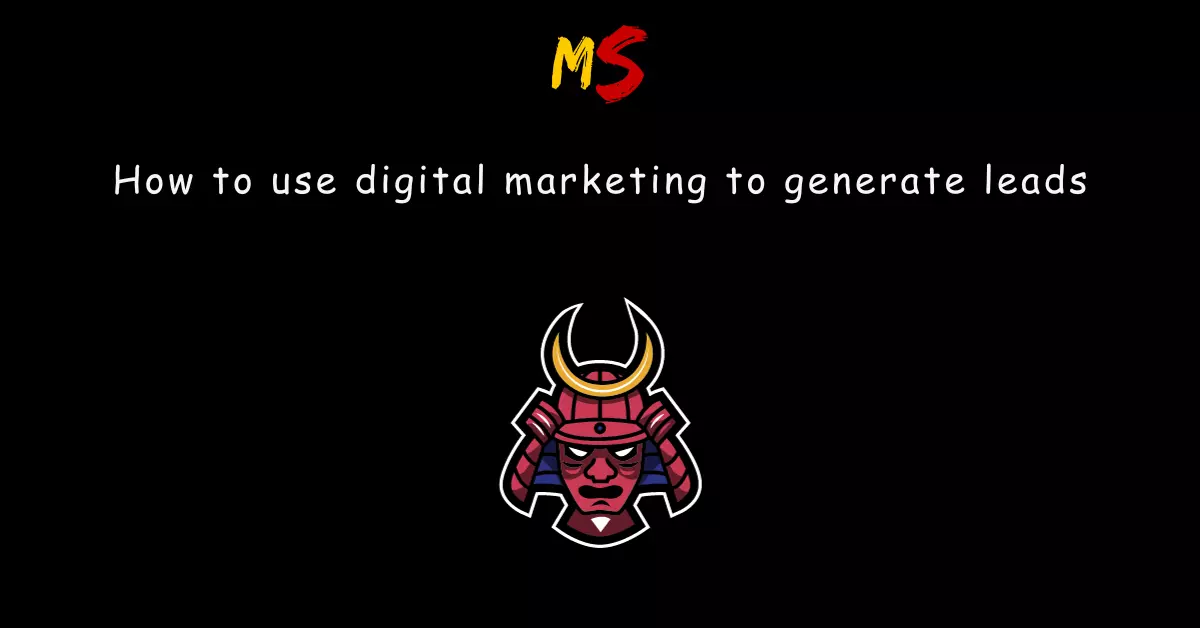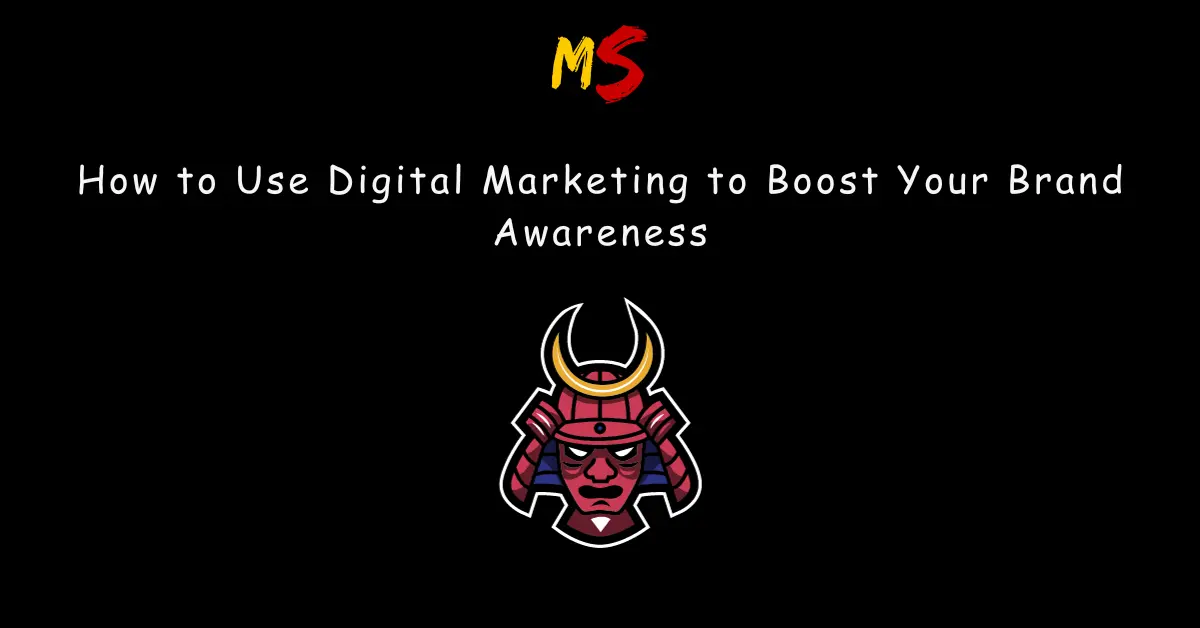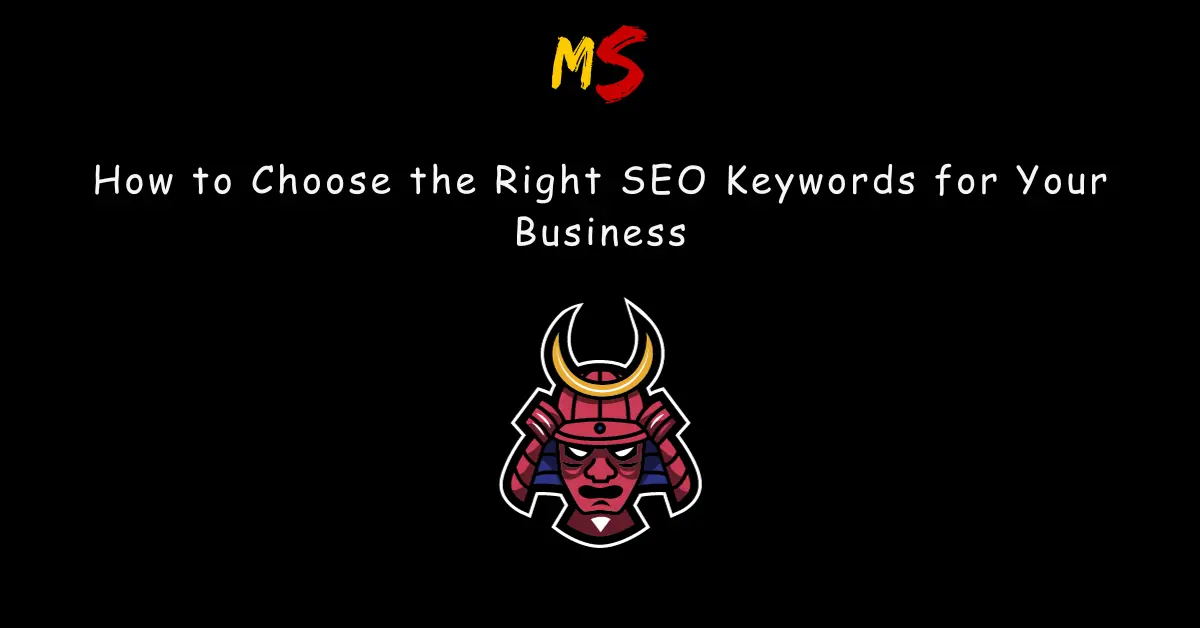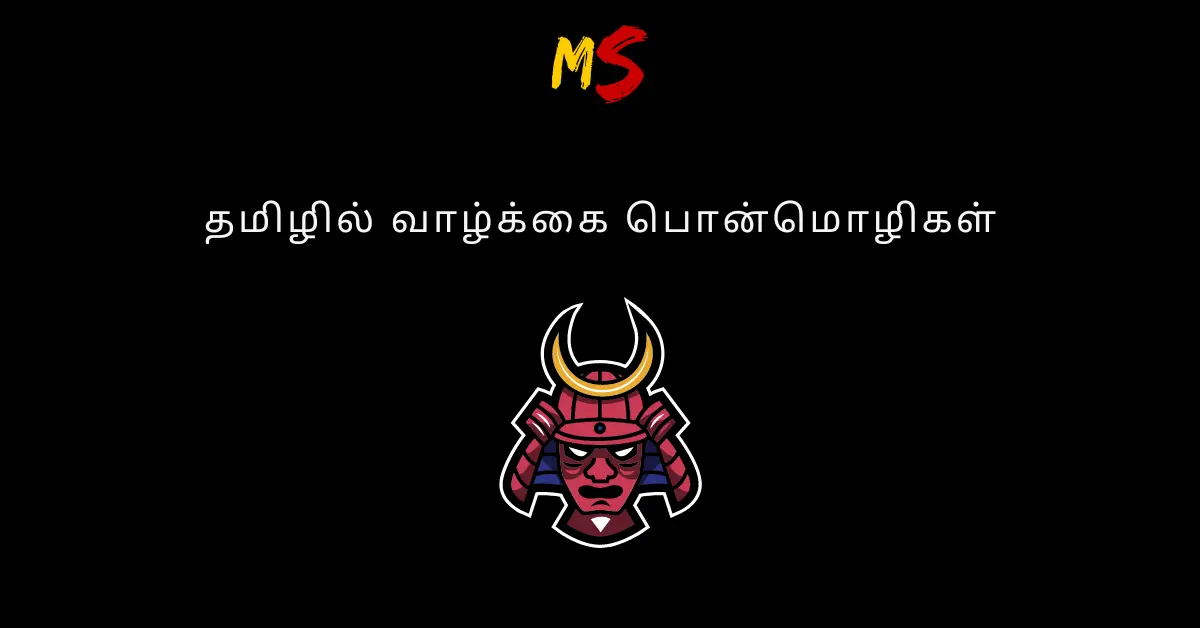Hey there, I’m Yash Setpal, founder of Marketing Senpai, and I’m here to unravel the age-old debate that’s been keeping marketers from the best Digital marketing Agencies on their toes: SEO vs. PPC. As a digital marketing expert with years of experience in the industry, I understand the nuances of these two powerful strategies. In this in-depth article, we’ll dive deep into the world of Search Engine Optimization (SEO) and Pay-Per-Click (PPC) advertising, comparing their strengths, weaknesses, and the scenarios where each shines. By the end of this journey, you’ll have a clear picture of which approach is the right fit for your business.
Table: SEO vs. PPC
Aspect | SEO | PPC |
|---|
Cost | Lower initial cost, long-term investment | Immediate cost, ongoing expenses |
Traffic Speed | Gradual, organic growth | Immediate, instant results |
Sustainability | Sustainable over time | Stops when you stop paying |
Click Quality | High-quality, targeted traffic | Varies; depends on ad quality |
Competition | Competitive, requires patience | Competitive, instant visibility |
Adaptability | Slower to adapt to changes | Quick to adapt to trends |
Brand Visibility | Builds credibility over time | Immediate brand visibility |
Long-Term Value | Higher long-term value | Immediate results, short-term focus |
Analytics & Testing | Limited control over user experience | Full control, precise measurement |
Let’s begin by revisiting the table comparing SEO and PPC, but this time, we’ll delve into each aspect more thoroughly, providing examples, statistics, and actionable insights.
Cost
SEO:
SEO is often regarded as a cost-effective strategy because it involves optimizing your website and content for organic search. While it might not require a substantial upfront investment, it’s crucial to understand that SEO is a long-term game. A study by Ahrefs found that, on average, it takes about six months to start ranking on the first page of Google for a new page. So, if you’re in it for the long haul, SEO is your friend.
PPC:
Pay-Per-Click advertising, as the name suggests, involves paying for each click on your ads. This means you can expect immediate visibility, but it comes at a cost. According to WordStream, the average cost-per-click (CPC) across all industries on Google Ads is $2.69. Your budget plays a significant role here.
Personal Tip:
Consider starting with a blend of both strategies. Allocate a portion of your budget to PPC for immediate results while nurturing your SEO efforts for the long term.
Traffic Speed
SEO:
SEO offers gradual, organic traffic growth. This can be frustrating for those seeking instant results, but it’s worth the wait. Research by HubSpot indicates that after 12 months of consistent SEO effort, organic traffic can increase by more than 50%.
PPC:
In contrast, PPC delivers instant results. The moment you launch a campaign, your ads are visible to potential customers. This immediacy can be advantageous, especially for time-sensitive promotions or product launches.
Personal Tip:
Align your strategy with your business goals. If you can afford to wait for traffic to grow steadily, invest in SEO. If you need immediate sales or leads, PPC is your ally.
Sustainability
SEO:
SEO is like planting a tree; it takes time to grow, but it can provide shade for years to come. Once you’ve earned a top-ranking spot, it can offer a consistent stream of organic traffic without additional expenses.
PPC:
PPC is akin to turning on a tap; when you stop paying, the flow stops. It’s a valuable strategy but requires continuous investment to maintain results.
Personal Tip:
Diversify your marketing efforts. While SEO builds long-term value, PPC can deliver immediate ROI. Balancing both ensures sustainability and growth.
Click Quality
SEO:
One of the remarkable aspects of SEO is the quality of traffic it brings. When your website ranks high in organic search results, users perceive it as more trustworthy. A study by BrightEdge found that 53.3% of all trackable website traffic comes from organic search.
PPC:
In PPC, click quality can vary based on your ad quality and targeting settings. However, Google Ads offers tools like Quality Score, which assesses the relevance and quality of your ads, encouraging advertisers to provide value to users.
Personal Tip:
Focus on user intent in your SEO strategy. Optimize your content to answer users’ questions, and you’ll attract high-quality organic traffic. In PPC, create compelling ad copy and landing pages to enhance click quality.
Competition
SEO:
Both SEO and PPC are competitive, but SEO requires patience. You’re competing with countless other websites for top rankings. However, a well-optimized site with high-quality content can stand out.
PPC:
PPC offers instant visibility. With a well-crafted ad and a competitive bid, your ad can appear at the top of search results immediately.
Personal Tip:
Monitor your competition closely. In SEO, analyze competitor keywords and content strategies. In PPC, keep an eye on your competitors’ ad copy and bidding strategies to stay competitive.
Adaptability
SEO:
SEO can be slower to adapt to changes in the digital landscape, such as search engine algorithm updates. It requires consistent effort and monitoring.
PPC:
PPC is highly adaptable. You can adjust your ad campaigns in real-time to respond to market trends or shifts in customer behavior.
Personal Tip:
Combine the stability of SEO with the agility of PPC. SEO provides a solid foundation, while PPC allows you to pivot quickly when needed.
Brand Visibility
SEO:
SEO builds credibility over time. As your website gains authority, users are more likely to trust and click on your organic listings. Studies show that 75% of users never scroll past the first page of search results.
PPC:
PPC provides immediate brand visibility. When you bid on keywords relevant to your brand, your ads appear prominently at the top of search results.
Personal Tip:
Use both strategies to enhance brand visibility. SEO builds long-term credibility, while PPC generates immediate brand recognition.
Long-Term Value
SEO:
SEO offers higher long-term value. Once you’ve optimized your content and earned top rankings, the traffic keeps flowing without significant ongoing costs.
PPC:
PPC focuses on immediate results. It’s excellent for short-term goals but requires continuous investment to sustain.
Personal Tip:
Plan for the long term with SEO, and use PPC to achieve short-term objectives, such as seasonal promotions or product launches.
Analytics & Testing
SEO:
With SEO, you have limited control over the user experience, and the results are influenced by search engine algorithms. However, you can still measure progress through tools like Google Analytics and Search Console.
PPC:
PPC offers precise control over your campaigns. You can measure every click, impression, and conversion, allowing for real-time adjustments.
Personal Tip:
Combine SEO data with PPC insights. Analyze which keywords perform best in PPC and optimize your SEO strategy accordingly.
Conclusion
In the dynamic realm of digital marketing, the choice between SEO and PPC isn’t always straightforward. It depends on your unique business goals, budget, and timeline. Remember, these strategies are not mutually exclusive. In fact, they can complement each other brilliantly.
So, what’s the verdict? If you’re in it for the long haul and seek sustainable growth, invest in SEO. If you need immediate results and have the budget to support it, embrace PPC. Most importantly, be ready to adapt and evolve your strategy as your business and the digital landscape change.
By strategically blending SEO and PPC, you’ll harness the power of both worlds, ensuring your business thrives in the ever-evolving online marketplace. So, go ahead, experiment, and watch your online presence flourish as you make the most of these dynamic marketing strategies.

